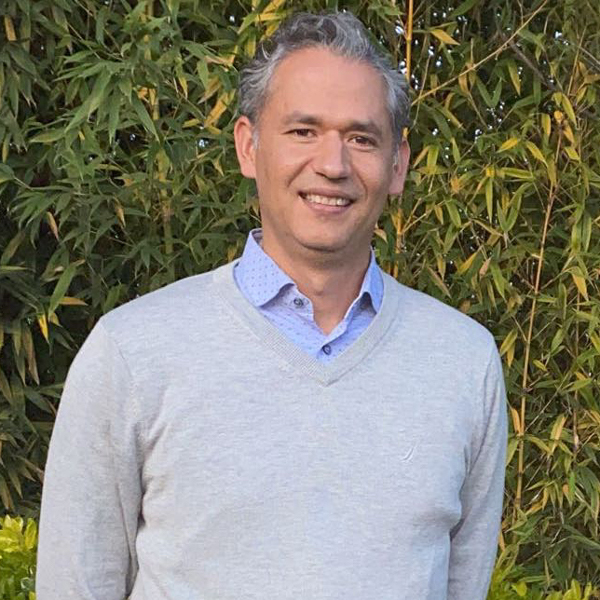

2024 was a challenging year for sustainability. Globally, a binding treaty was discussed to reduce plastic pollution, especially in marine environments. Ultimately the treaty has not been approved yet, but it has pushed the plastics industry to invest into becoming a more sustainable industry and highlighted the importance of having a scientific approximation quantifying the impact and benefits of plastic in our society. The traction generated so far, supported by consumers and responsible brands, has mobilized many countries to implement legislation that regulates plastics, including countries where Grupo Plastilene is present.
Closing 2024, the United States has moved forward in environmental regulation with the passage of EPR legislation in 5 states, 10 bottle bills, plastic bag bans in 8 states, single use plastic limitations in 12, and resin identification code requirements in 29 states. In Guatemala the National Agreement for Single Use Plastic was drafted. Ecuador passed a Ministerial Agreement of the Integral Management of Plastic Waste, as well as a Ministerial Agreement on Agricultural Plastic, and a bottle bill for PET bottles.
Colombia has started the process of enforcing its single use plastic prohibitions, strengthening its EPR program and the taxation of single use plastic. Due to the absence of rulemaking delineating the exceptions for sustainable products, such as products manufactured with 100% nationally produced PCR, or certified biodegradable products, this transition has been quite frantic. Our invitation to governments and fellow plastic supply chain members is that we support these legislations diligently and strongly; this regulatory framework promotes inversion and innovation in our sector.
At Grupo Plastilene we have been working with waste managers and clients to strengthen the agricultural plastic supply chain in Ecuador and promote the development of products with PCR in Colombia and Guatemala. During 2024 we commercialized 2.426 tonnes of Ciclolene PCR resins, produced in our Reciclene plant, and we commercialized more than 6.500 tonnes of packaging with as much as 100% PCR resins manufactured in Plastilene, Altalene, and Technofilms.
At the end of the year we were forced to face the changes in Ecoinvent’s database and how it impacted the Life Cycle Analysis (LCA) of our products. We were certain that mobilizing the industry to ask for a solid scientific defense goes beyond promoting mechanical and advanced recycling technologies, manufacturing products with PCR, or decreasing the footprint of our products. We must understand how to respond to the mechanisms of evaluation of our products in a coherent and organized manner, with actions that support the environmental results of our products from the source, such as the way they are measured and interpreted. We must also participate in the conversations in other ways: what is being measured? Is this the correct methodology? Is it transparent? How do we guide our ecodesign changes to address the most relevant aspects? Scientific work must be done and come with concrete actions to have a positive impact, as well as to assertively communicate and educate about the environmental impacts of our products.
All of this to say that Grupo Plastilene sees itself as a mobilizing force that increases awareness through experience and creativity. We transform concepts into reality, in ways that are aligned to our core commitments: Circularity, Corporate Social Responsibility, the Environment, and our Portfolio. We also do so through our three main strategic pillars: Trust, Sustainability, and Innovation; we will focus on this last one in 2025 to strengthen the path that the Group has built itself on and together with the industry find solutions catering to societal and client expectations, as well as any challenges that may come, such as legislation and replacement of our portfolio in an ever changing world.
¡Escríbenos!